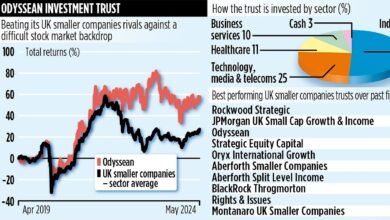Chinese outbound investment in EVs likely set new record in 2023

By Joe Cash
BEIJING (Reuters) – Chinese outbound foreign direct investment along the electric vehicle value chain likely set a new record in 2023, a report from Rhodium Group showed, as western economies step up scrutiny of China’s production-focussed, debt driven development model.
Growing alarm over Chinese industrial overcapacity flooding the European Union with cheap products, particularly electric vehicles, is opening a new front in the West’s trade war with Beijing, which began with Washington’s import tariffs in 2018.
Chinese firms put $28.2 billion into EV-related industries last year, the report said, which falls short of the $29.7 billion spent in 2022 but does not include several big-ticket projects with no known price tag, such as BYD’s Hungary plant and Gotion’s 25% stake in a Slovakian battery producer.
China could be churning out 10 million excess vehicles per year, advisory firm Automobility estimates – equivalent to two-thirds of all North American output in 2022.
Brussels’ trade policy is now also turning more protective against China. The 27-strong trade bloc in September launched a probe into whether China’s automakers unfairly benefit from state subsidies. And in December, the White House unveiled plans to cut China from its battery supply chain.
“These regulatory dynamics have spurred more investment by Chinese producers, who realise that an export-only strategy could create severe political push back in host economies and cut them out of lucrative markets,” the research organisation said.
South Korea and Morocco particularly stand to benefit, the report said, as both countries maintain a free trade agreement (FTA) with the U.S., the terms of which Chinese producers could use to circumvent some of the Biden administration’s curbs on China-sourced critical minerals and battery components owing to preferential sourcing rules for FTA partners.
“Chinese battery manufacturers are bringing more of the supply chain with them in their overseas expansion, likely in response to growing market demand and re-shoring pressures,” Rhodium Group said.
A slowdown in the world no.2 economy’s own EV market was also spurring Chinese producers to up their investments overseas. At the same time, automakers in the EU and U.S. want battery makers to set up shop close to their plants to reduce transport costs and prevent supply chain disruptions, the report said.
But Chinese policymakers must walk a delicate tightrope, the authors warn, to avoid “reverse tech transfer”, given China’s relative advantage in the sector and the overseas operations of Chinese producers threatening the profitability of EV and battery plants at home. Policymakers consider the industry key to staving off a structural economic slowdown.
“Just like in other advanced economies, we could begin to witness a divergence between firm and government interests in China, as companies aim to grow their revenue and profits through overseas investment while the government tries to preserve investment at home,” the report said.
Rhodium is a New York-based research group known for its China coverage.
(Reporting by Joe Cash; Editing by Sonali Paul)
Source link





